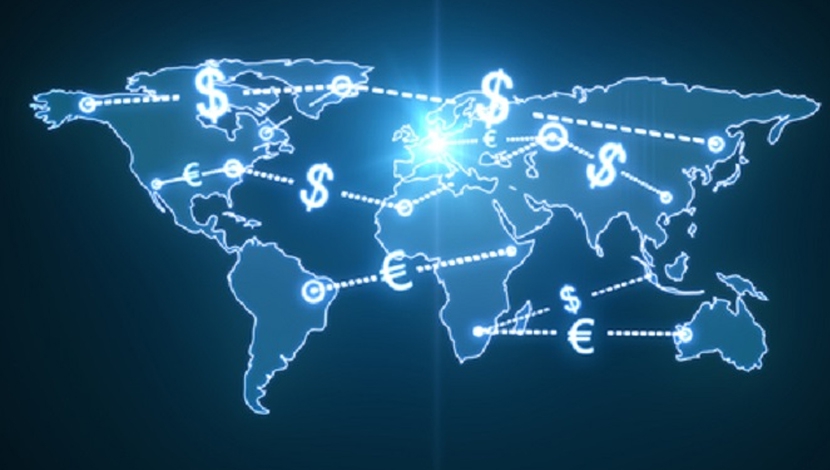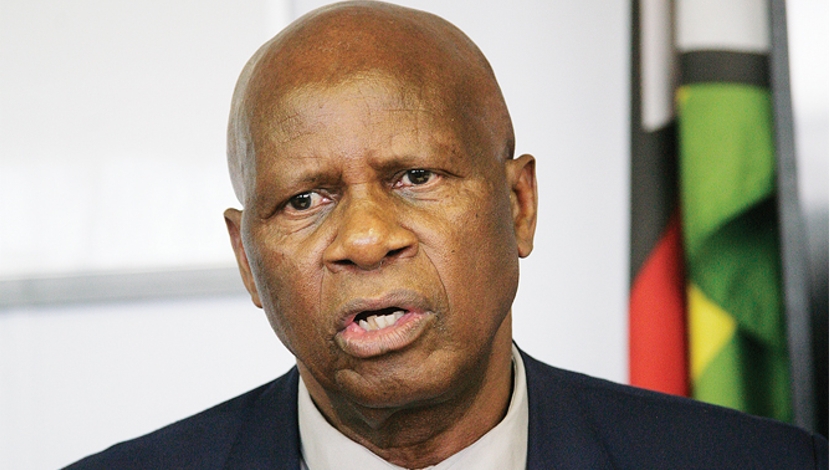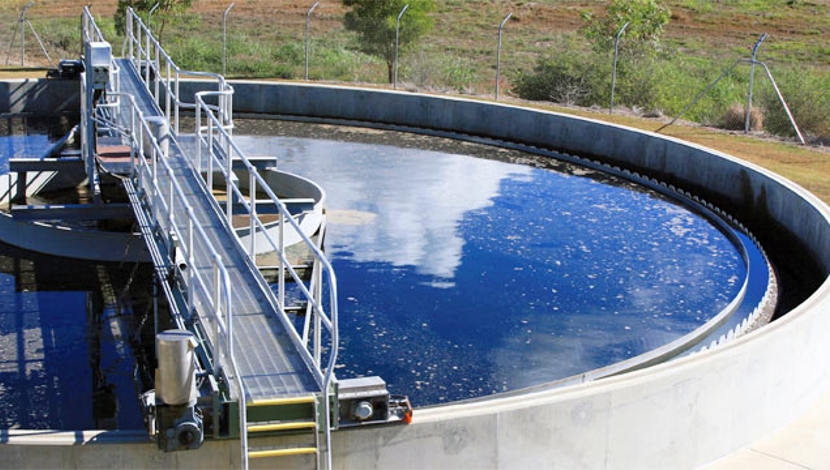

South Africa has slightly improved its competitiveness score and ranking in the World Economic Forum’s (WEF’s) latest Global Competitiveness Index (GCI). The 2016/17 GCI shows SA moving up two rankings to 47 out of 138 countries this year, with its score increasing marginally from 4.39 last year to 4.47 in 2016.
“South Africa maintains its regional leadership in financial markets, competition, infrastructure and education, despite recent challenges from exchange rate volatility, governance concerns and policy uncertainty, as reflected in the institutions pillar,” the WEF noted in its report. It ranked 35 out of 138 countries for innovation, 49 for technological readiness and 30 for market size.
“The most significant areas of progress include enhanced competition, both locally, up 13 places, and internationally, up 16 places; better use of talent in how pay reflects productivity, [up 29 places to a ranking of] 98; and a small upgrade [by five places] in the quality of education, with primary school enrolments also now passing 97%,” the WEF noted. The WEF believed these shortcomings could limit South African competitiveness going forward, citing stalled infrastructure development, both in transport and electricity; diminishing institutional quality, with increased political uncertainty, less transparency and some security concerns; and less trust in politicians by business leaders.
Five sub-Saharan Africa economies, Rwanda at 52, Botswana at 64, Ghana at 114, Tanzania at 116 and Sierra Leone at 132, improved their GCI rankings by three to six positions and their scores by 2% or more. Mauritius, ranking at 45, was the region’s most competitive economy. “The region’s biggest losers this year are Zambia at 118, down 22 positions, and Côte d’Ivoire at 99, down eight places.





